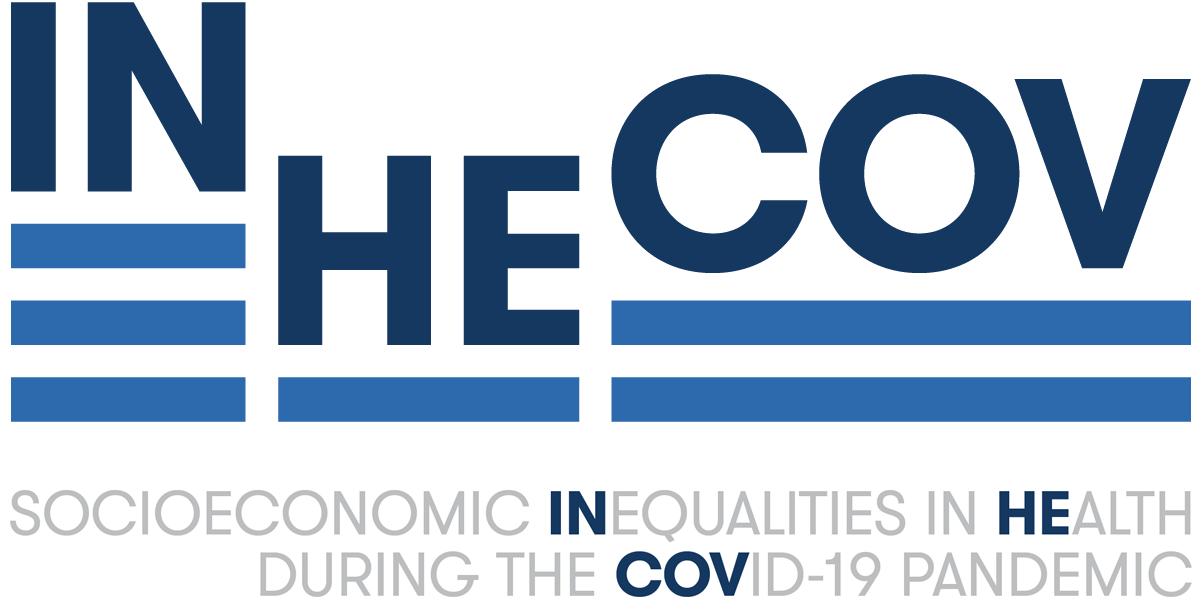Welcome to the INHECOV research project
The research project Socioeconomic Inequalities in Health during the COVID-19 Pandemic (INHECOV): Empirical Analyses and Implications for Pandemic Preparedness aims to explore the direct and indirect effects of the COVID-19 pandemic on health inequalities and to derive concrete options for action for future pandemic planning.
In January 2021, the German Research Foundation (DFG) approved the funding of the research project as part of its call for interdisciplinary research on epidemics and pandemics on the occasion of the SARS-CoV-2 outbreak. Funding was granted for an initial period of 3 years. The project started its work in April 2021.
Background
The SARS-CoV-2 (severe acute respiratory syndrome coronavirus type 2) pandemic poses historic challenges to societies worldwide. Although in principle all people can become infected with the virus, it quickly became apparent that socially disadvantaged individuals might be at increased risk for infection with SARS-CoV-2 as well as a severe course of coronavirus disease 2019 (COVID-19). At the same time, measures taken to reduce transmission of the virus may have unintended health effects that may particularly affect socially disadvantaged people and people in certain life situations. These impacts of the COVID-19 pandemic have the potential to interact with and further exacerbate preexisting health inequalities. The INHECOV research project aims to explore these interactions and derive possible implications for dealing with the current pandemic and potential future outbreaks of new emerging pathogens.
Participating institutions
The research project brings together scientists from the fields of epidemiology, public health, sociology and psychology to explore the different aspects of health inequalities during epidemics with viral pathogens of acute respiratory diseases. The project brings together researchers from the Heinrich-Heine-University Düsseldorf, the University of Cologne and the Robert Koch Institute.




